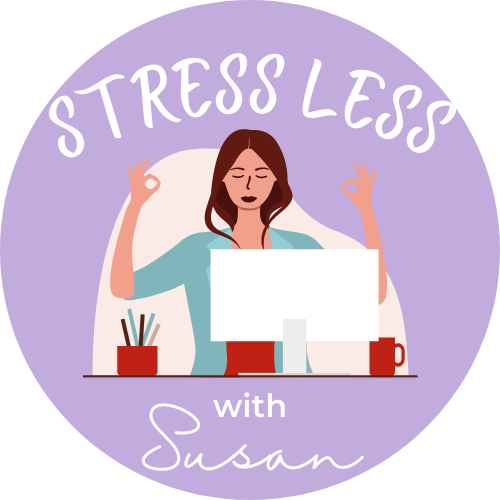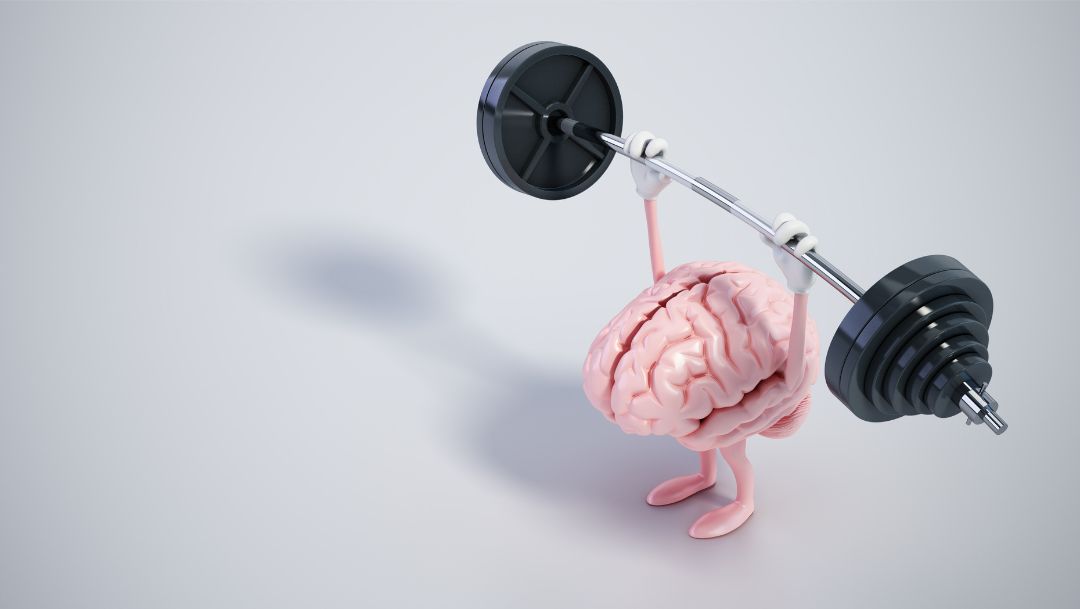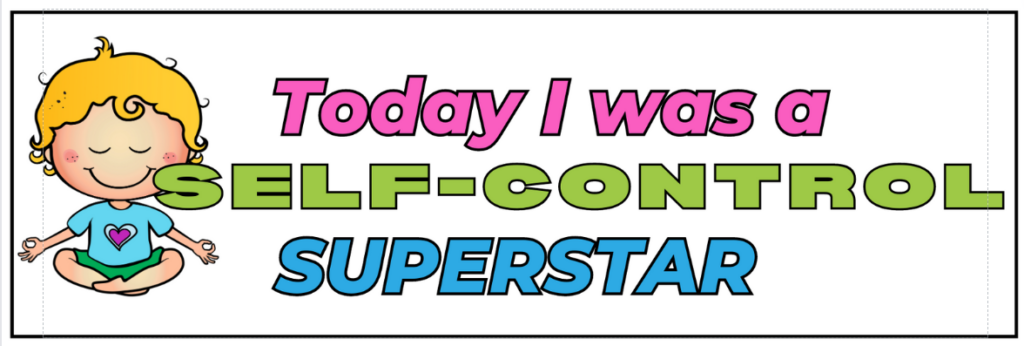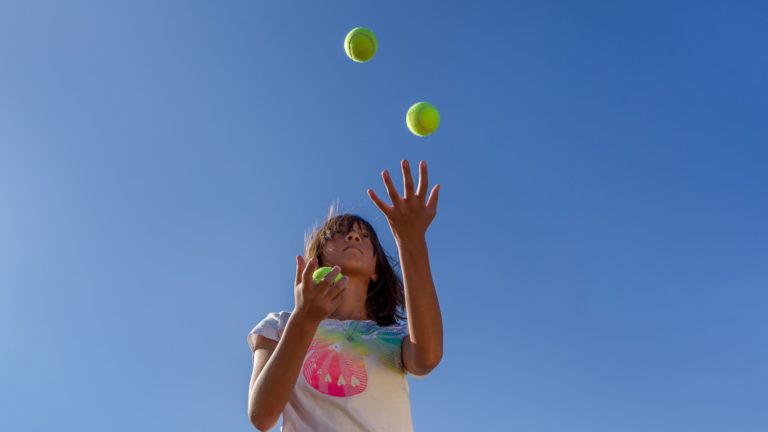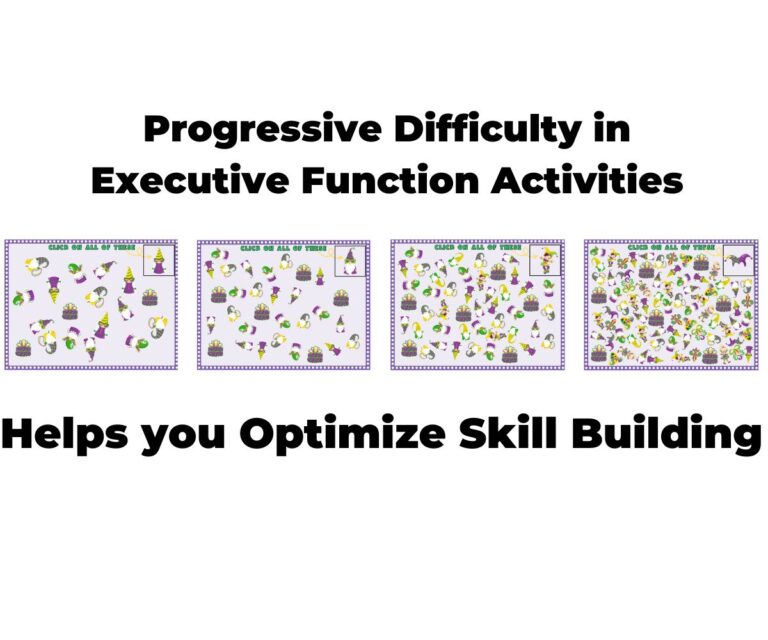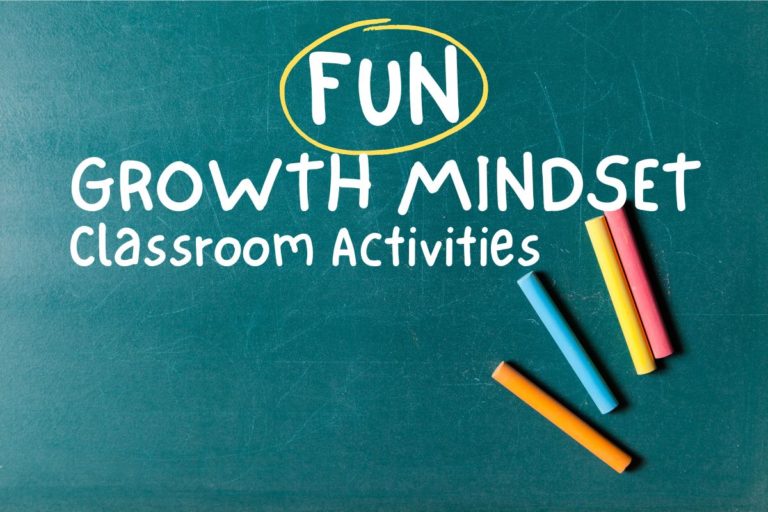Quick and Easy Guide to Executive Function Skills
In this guide to executive function skills, I will tell you about: (use these links to jump down)
- Attention (selective and sustained)
- Self-Awareness & Self-Control
- Memory
- Emotion Regulation
- Mental Flexibility
- Organization
- Decision Making
- Planning
We are continuously exposed to information in some form. Sights, sounds, smells, tactile sensations come from outside us, but we also live with continuously churning thoughts, body sensations and emotions. How are we able navigate all of that as we move through our days and learn, make decisions, plan, keep track of things, and interact with people well? We need a little “executive”, functioning up there in our heads to dictate what gets priority in our minds and figure out what to do with it all.
That little “executive” has it’s work cut out for it, and of course it has to learn how to do the job. Let’s think of this article as a “job description”.

Learning Starts with Incoming Information
Selective and Sustained Attention
You can think of that navigation as happening in steps, to a degree, but simultaneously too. We start by paying attention to the most important thing in that moment. That requires us to decide what needs attention, and disregard anything that would distract us. This is called “selective attention“.
If we need to learn something, that’s critical. We also need to sustain that attention long enough to get all the information in. That’s a challenge when you’re young and just learning what’s what out in the world and within yourself.

Click this image – or any others like it – to get 78 printable executive function skills reward bookmarks!
Read more about strengthening attention in this article.
So, job requirement #1 is: Be proficient at paying attention to the right things, and sticking with it as long as necessary.
Self-Awareness and Self-Control
For little kids whose bodies just want to wiggle and move, that takes some more skills they have to develop. After all, how can you pay attention to what your teacher wants you to do when you’re up and down, up and down? You have to learn how to manage that tension and suppress that urge. And that urge can be a pretty powerful physical sensation, but for some they can’t even put their finger on what it is they’re experiencing. If you’re going to suppress an urge, you have to have an awareness of the feeling or sensation, and know what it is, don’t you? Then you have to figure out how to manage it.
Job requirement #2: Know what’s going on inside you, and manage it well.
Working Memory
OK, so let’s say you’ve gotten the whole “sit still and pay attention” thing down to one degree or another. How then, do you get that input from the teacher into your mind, and “chewed on” so you can remember and use that information in the future? You have to use what’s called your “working memory.

For some kids who can’t remember that when we add 1+1 it equals 2, that’s because there’s a whole lot of information to juggle at once. You have to remember what “1” is, first of all. Then you have to remember what “+” or “add” means. Then you have to go back and remember what two numbers you were supposed to add. Then you have to figure it out by counting on your fingers, or whatever you do to come to the right answer.
That’s quite a bit of information to hold right there while you’re working on the problem, isn’t it? At any given moment, you have one piece of information right at the forefront, but you have to hold the other bits off to the side without letting them go away. Then you have to go back and grab it when you need it to give the answer.
If you notice a child is struggling with what you think is obvious and easy to learn, it’s very possible there is a working memory deficit going on.
But don’t worry, it can be strengthened even when you feel like you’ve pulled every last hair out of your head. Why do I say that? Well, if your child has learned how to speak, you have strong evidence right there that he or she can do it. How did they learn their language and all the meaning connected to those words, phrases, and non-verbals?
In order to understand what everything means, they’ve “chewed on” each bit of that information enough for it to stick eventually. They consider the words, see the context, note emotions in other people, and realize connections between when someone utters this sound, this happens. They used their working memory to remember what that word was that fits into this bigger picture. Most likely, though, they did it in small chunks at a time. Working memory is like a space and has a “size”, and we need to work with that.
The key is figuring out how to help a child “chew on” that information. And it starts with lots and lots of repetition in reasonably-sized chunks (fewer balls to juggle), probably more so than the other kids need, but it can happen. That’s what it took to learn language, so let’s apply it to everything else they need to learn.
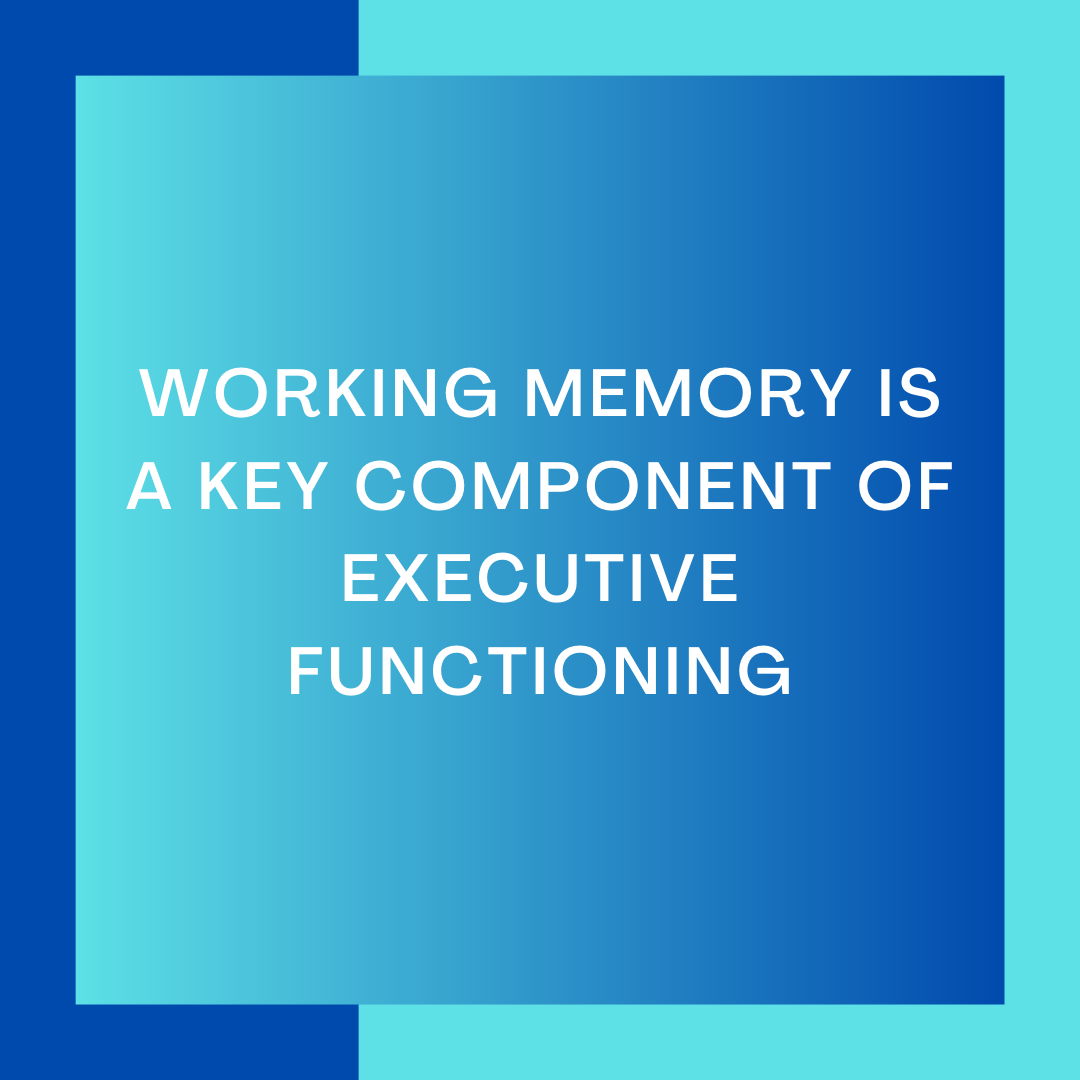
Job requirement #3: Hold information in your mind while you’re processing everything without dropping any balls.
For activities to build up working memory, click here.
Emotional Awareness & Self-Regulation
OK, so you’re starting to learn how to do something, but you don’t get it right away. What does that feel like when you see others “getting it” and you’re not? There’s going to be some kind of tension buildup in there – and that’s going to get in the way of attention and concentration. It’s also probably going to push all the information you’re trying to juggle in that working memory right out your ears.
So you have to learn that, when I feel “this” way, it means “this” and is called “that”. From there, you have to figure out how to contain it somewhere for later and let the important information get back to the front of your mind. When you’re good at this type of emotion regulation, you can put your energy and attention into doing what needs to be done.
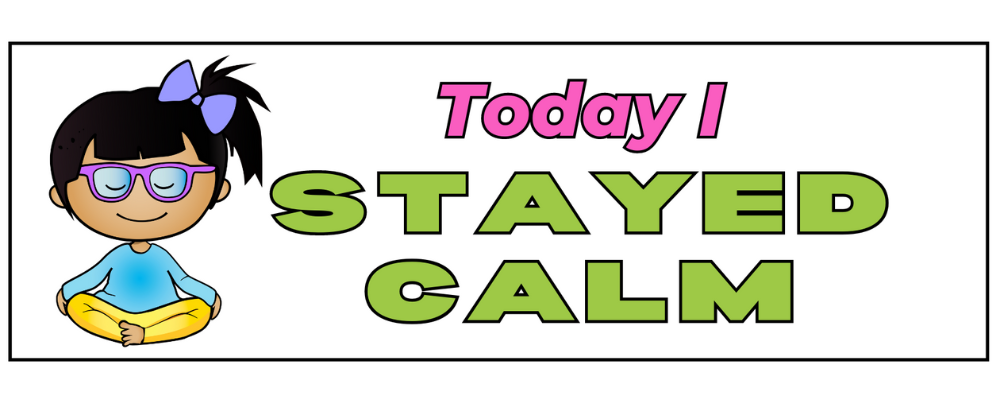
Job requirement #4: Know what you’re feeling and doing, and do the most effective thing with it, to allow the learning to get back on track.
Mental Flexibility
When a child has figured out how to attend, stick with something, and get good results, it can be very rewarding, and we like that feeling, don’t we? We probably would be happy just hanging out with that feeling for a while.
But when someone says “ok, but now you have to think of this, or do that” a child has to know how to switch gears on demand, when they just got that first thing figured out.
Think about arithmetic. We learn to add, then subtract, and so on. At first we learn just addition, then move to only subtraction. That’s all well and good, but when we start throwing both at them in the same assignment, their minds have to jump back and forth. They’ve gotten into a groove, and getting up out of that groove to get into a different one, and back and forth in an unpredictable rhythm, can be tough.
This requires sustained attention, working memory and self-regulation (directing ourselves to do something when it’s the right time). Geez, that’s quite a bit.
And that’s just the pure academic side of it, too. We have problems to solve both in formal educational situations, and in much of our day-to-day activities.
Doing all the things we do often involves figuring out that there is more than one way to look at a situation, and this ability to see things differently is also mental flexibility. Think growth mindset – it takes the capacity to recognize that despite making a mistake, we can learn from it and can improve with persistence. Not “getting things” right away can be discouraging, and without the ability to see any other action or outcome, we’d really be stuck (fixed in place).

Job requirement #5: Be able to mentally switch from one idea or one perspective to another, correctly, on demand.
Organization
This applies to inside the mind as well as our environments. After we’ve learned something, we need to put that information in a “place” that makes sense to us and understand how it relates to all the other things we’ve learned. Have you ever felt like you couldn’t seem to organize your thoughts about a topic? It can be tough.
Now think about how much mental effort it takes to express yourself or get from point A to point B when you’re struggling like this. It’s like having a mess of papers in your head and you’re constantly having to dig through the mental piles to know what’s what when you’re in class or being asked to do something at home. How exhausting!
Of course, it’s going to spill out into your environment too. Kids with executive functioning difficulties are likely the ones with the messiest desks. It’s not that they don’t care about neatness, they just need the opportunity to focus on it and only it during transition times. Usually there are too many other things they’re feeling pressured to think about, so the papers get shoved in and just add to that external pile, just like the internal pile in their heads.

Job requirement #6: Keep all that information organized so you can access it again efficiently.
Decision Making
How do we make decisions? We consider all the information about that thing and weigh pros and cons about the different choices in front of us. This goes back to remembering from experience and organization. And it also requires some good judgement, which is not fully developed for many kids for a long time to come.
Job requirement #7: Consider the available options and outcomes and determine the best choices to make.
Planning
Planners are hot sellers for good reason. It’s enough for adults with fully developed brains to keep track of their schedule, what they have to do, and what they will need to get it done.
To make and execute a plan, you have to take the collected, organized information, and figure out how to accomplish your goal. What do you need? What are all the steps? What has to happen before the other things can happen? It takes time to develop this, and we can help nurture it in kids by pointing out steps involved in doing day to day tasks, to open their awareness to it. For example, morning and nighttime routines are full of steps:
- You determine how long it will take to get up in the morning, get ready for school, and out the door (time management is huge with planning).
- You think ahead about the day, and choose your weather-and activity- appropriate clothes.
- You pick up your backpack and coat from the closet (organization) and bring it to the bus, car, etc..
- In the evening, you remember to put your homework into the correct folder and into your backpack.
- Put your shoes where you can find them in the morning.
- Maybe even lay your clothes out for the morning.
The more they are aware of the planning they’re already doing, the better they will become at seeing the small pieces that make up the whole process.
Job requirement #8: You can pull all the other skills together and put them to use as you plan out your more increasingly complex tasks.
How do you help kids build each of these skills? Well, that’s a whole article in itself, but here are some of the most important things to keep in mind while you’re working with someone who needs a little extra support:
- Whenever possible, break things into the smallest units possible at first, and gradually expand them as the skills develop.
- Remember that some kids will simply need more repetition before switching gears to the next skill.
- Point out and praise them for all the small “wins” they achieve. Small accomplishments feel good, so they will be the foundation and feed motivation for further effort.
